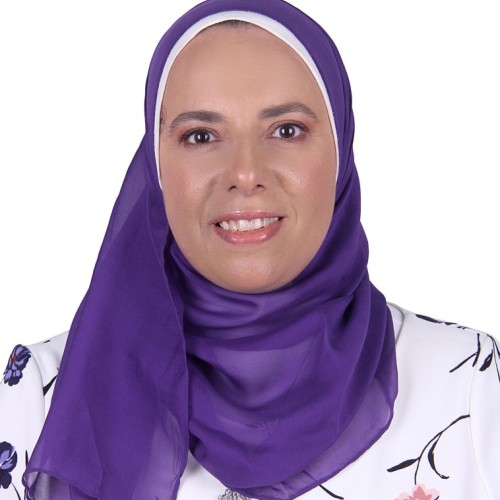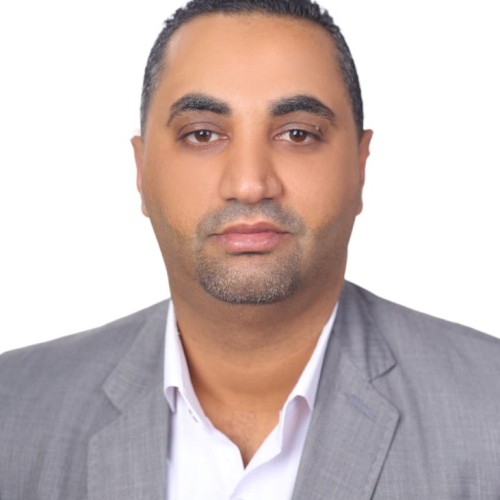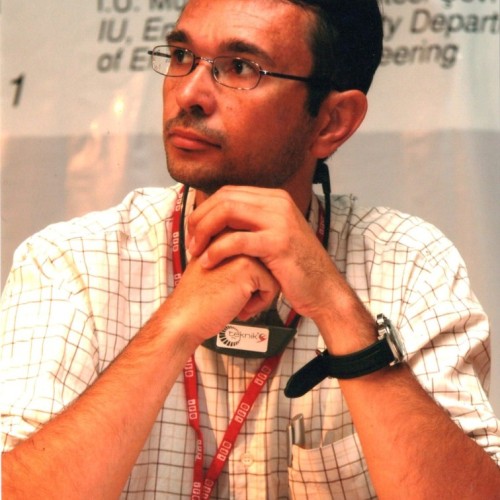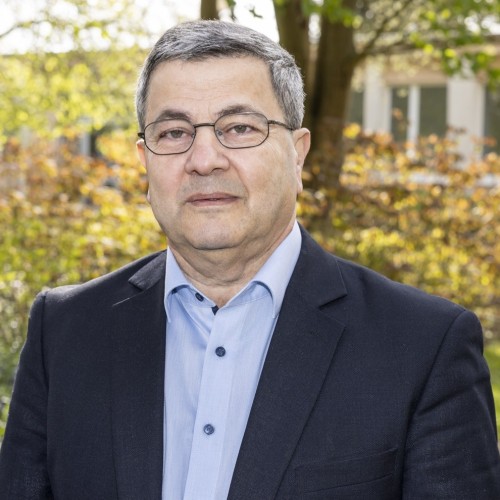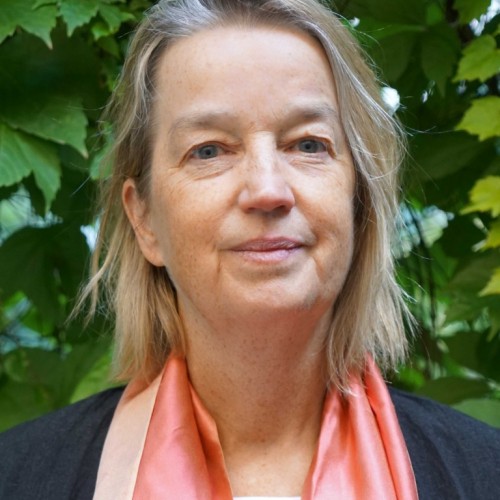In the MENA region organic waste forms more than 50% of the solid waste streams, while landfilling and dumping is still the dominate disposal method. Introducing a circular economy approach with a specific focus on organic waste allows to generate value-added products, mitigate methane emissions and reduce leachate from landfills, adapt to the needs of climate change, contribute to the Sustainable Development Goals (SDGs) and the targets of Global Methane Pledge, creation of green job opportunities, etc.
The Environment Ministry's (BMUV) Advisory Assistance Programme supports a project of the University of Rostock and its project partners Ain Shams University in Cairo and Jordan University of Science & Technology aiming to facilitate the development of comprehensive approaches to organic waste management allowing to change the perception of organic waste in Jordan and Egypt. The project is accompanied by the German Environment Agency (UBA), cooperates with on-going activities by GIZ Jordan and others, and builds on the successfully concluded German-MENA University Network project supported by the PREVENT Waste Alliance. Responding to the Global Methane Pledge, international actors, such as the Climate and Clean Air Coalition (CCAC), the Global Methane Hub (GMH) or the International Solid Waste Association (ISWA) work with Jordan, Egypt, Lebanon, Iraq and others on climate strategies in the waste sector. With several of its members are active in the MENA region, also the RETech partnership has a focus group on the MENA.
Following a keynote, the moderated panel with experts from the advisory assistance project, international organizations, public and private sector active in the MENA region, will share their experiences on recent developments, technical demands and potential for the waste sector, highlight strategies for climate change adaptation and mitigation, and will interact with the audience by the end of the session.
Good practice in organic waste management is not only a mitigation measure, but can create value-added products, which are needed in the MENA region to adapt to the changing climate. How to draw attention and support a circular economy for the organic share of household, commercial and industrial waste? Where is its place in greenhouse gas mitigation and adaptation to the effects of global warming? Which kind of framework and environment is necessary?

